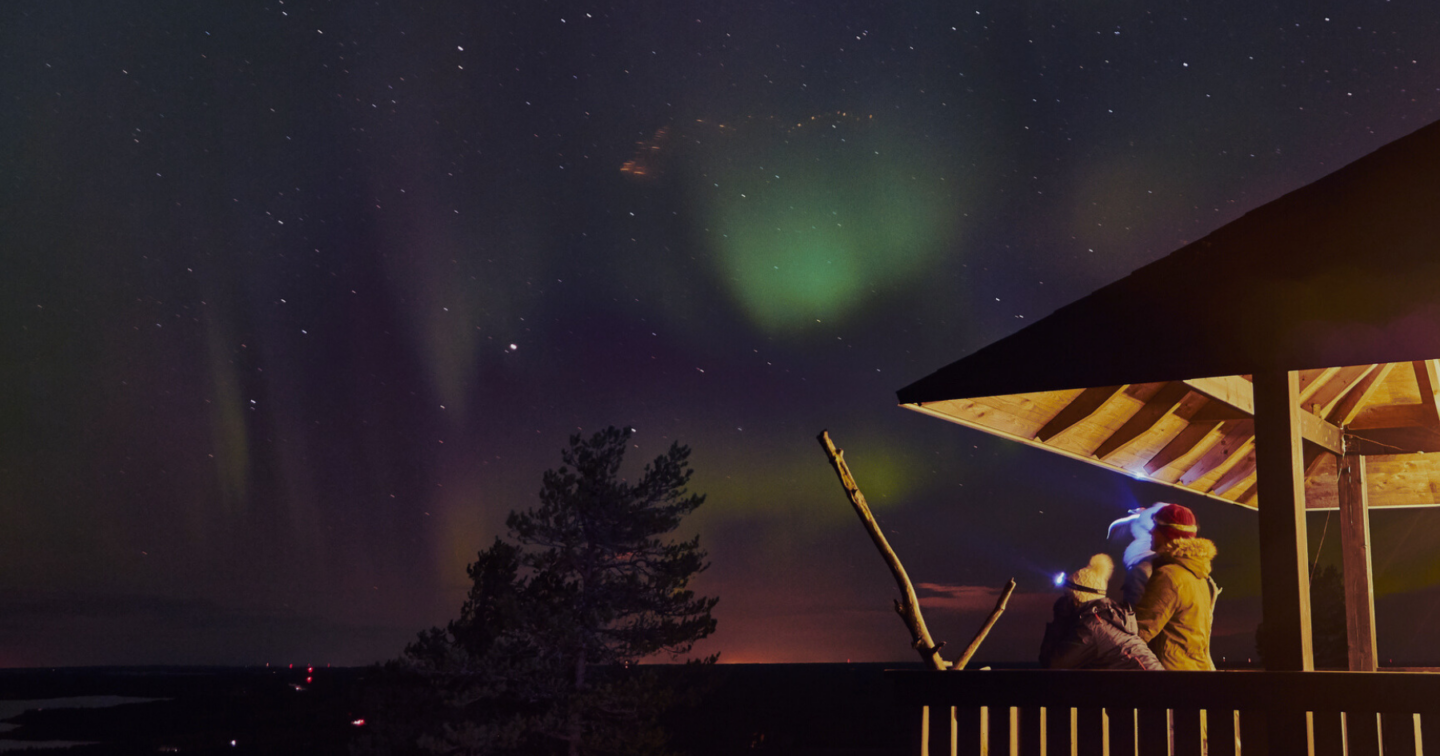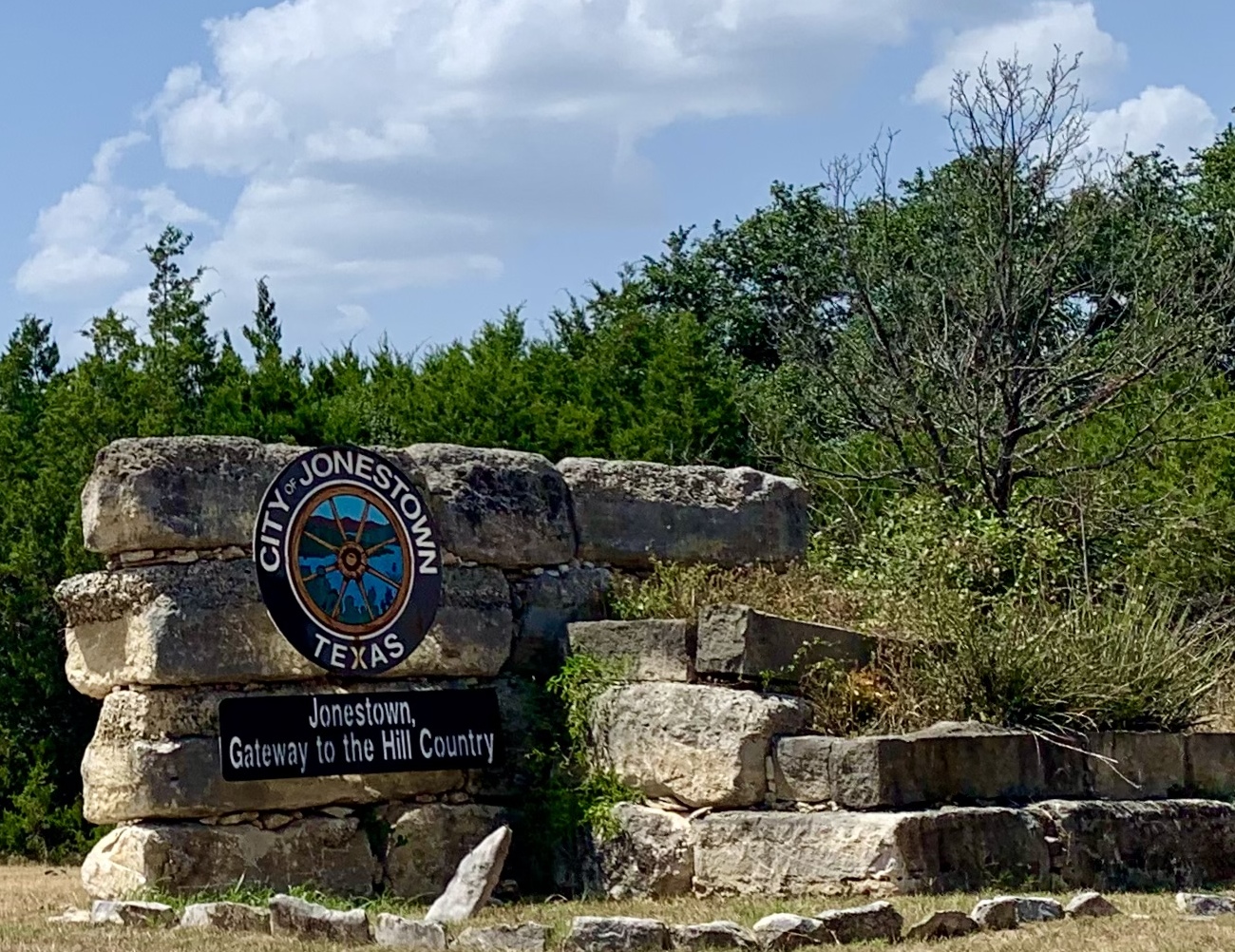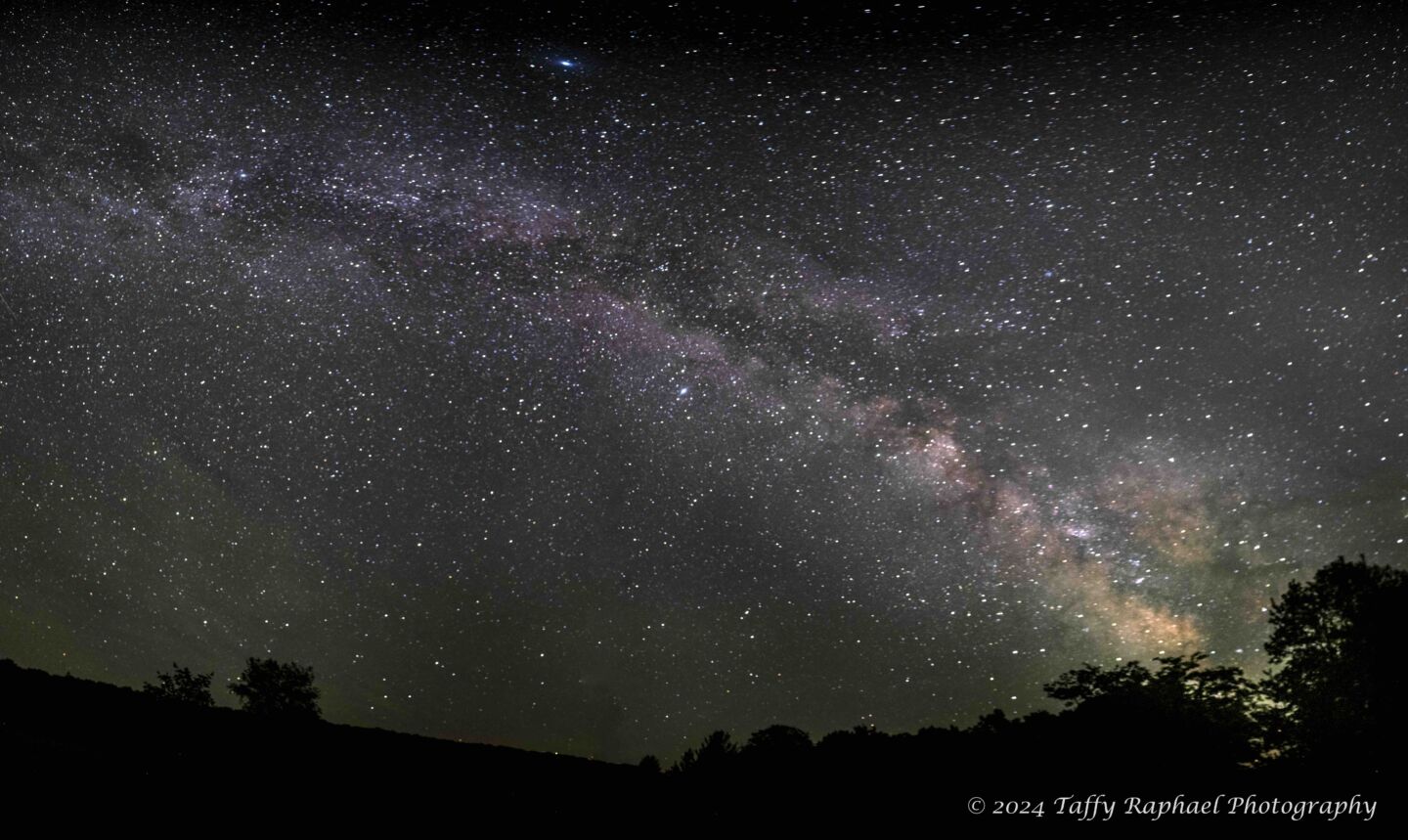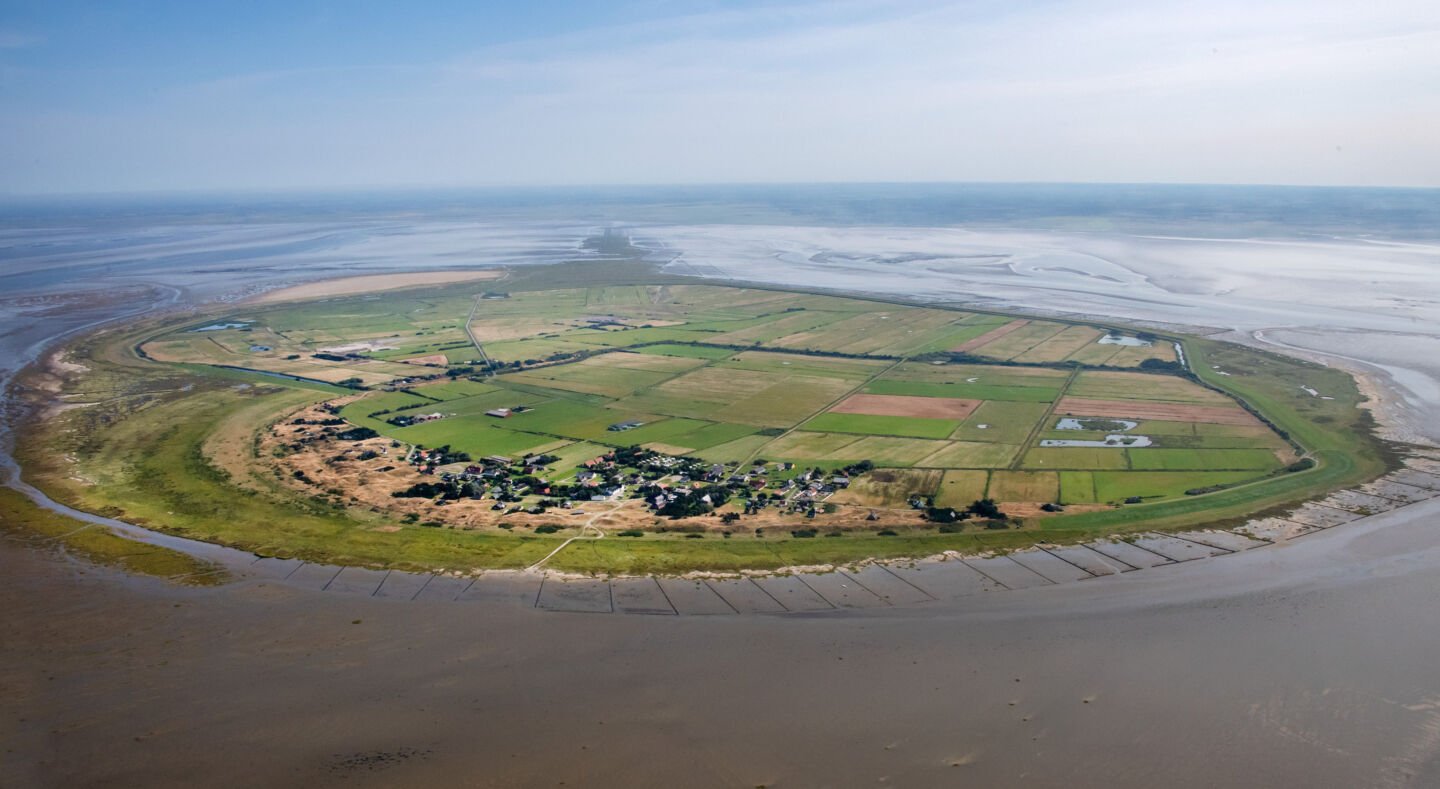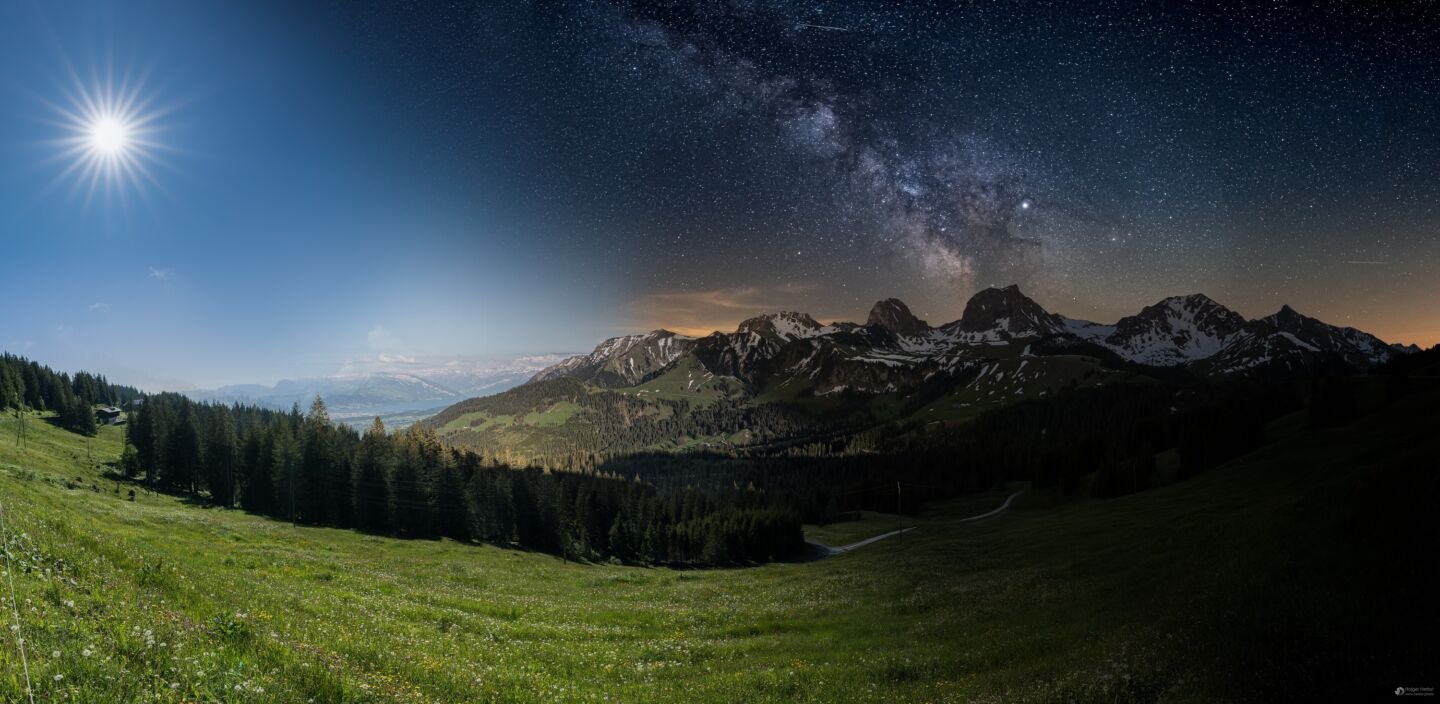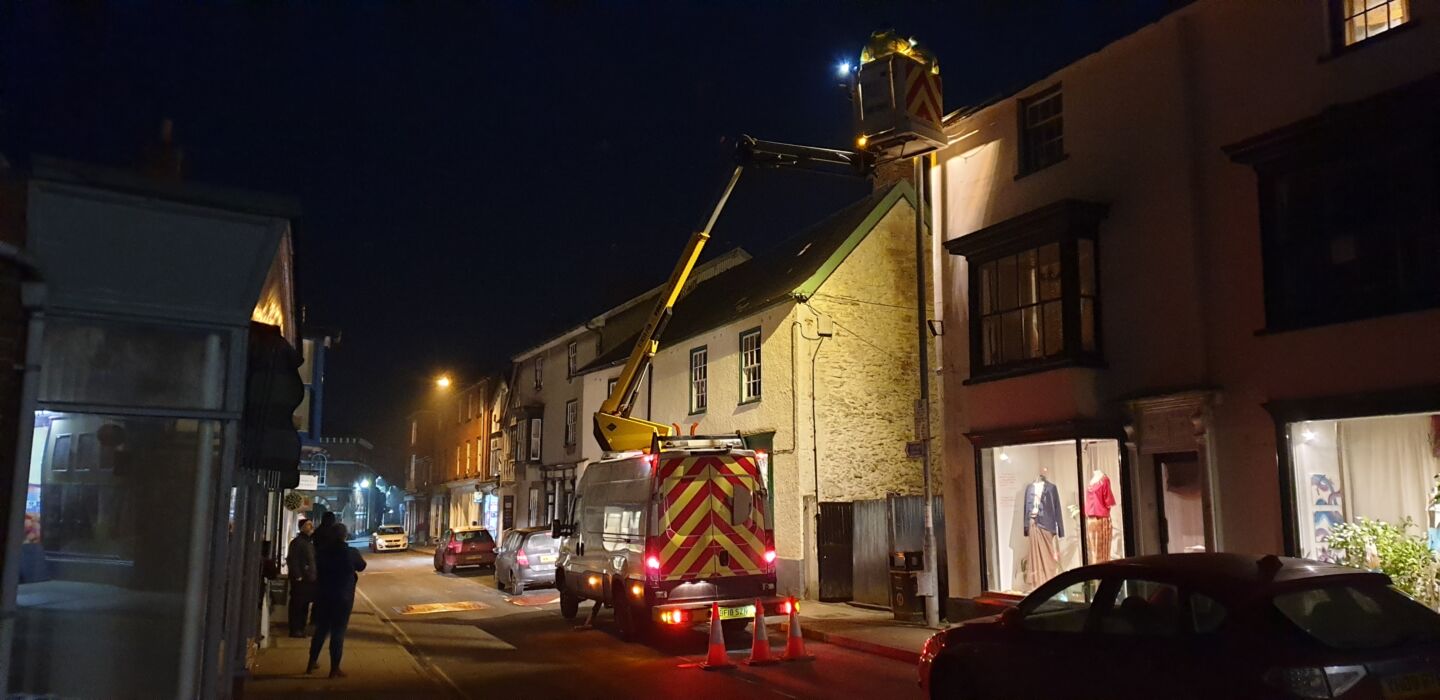
Fountain Hills, Arizona, Named World’s 17th International Dark Sky Community
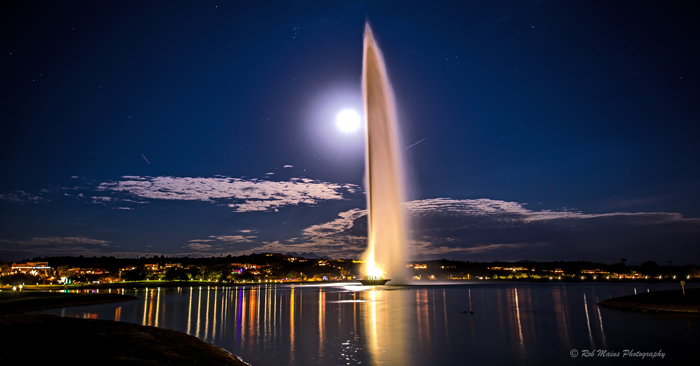
The Town of Fountain Hills, Arizona, U.S., has been awarded International Dark Sky Community status, one of only two International Dark Sky Communities located near major metropolitan areas. It is the seventeenth community to earn this prestigious designation.
“Today’s announcement of the accreditation of Fountain Hills, at the edge of one of the country’s most populous urban centers, is an important moment for the movement to preserve dark skies in the American West,” said IDA Executive Director J. Scott Feierabend. “Given the explosive growth of Western cities in recent decades, this outcome is a significant and hopeful sign of progress.”
Long known for its iconic fountain, which at 170 meters (560 feet) was the world’s tallest for decades, its backdrop of the Sonoran Desert mountains, its many great festivals and its mountain preserve, Fountain Hills has adopted a mission to preserve another of its natural assets: its dark sky.
“The Town of Fountain Hills is proud to join the other 16 Dark Sky Communities in the world that have previously been awarded this distinct honor,” said Mayor Linda Kavanagh. “Town leaders have supported the concept of a dark-sky community since the town’s incorporation in 1989.”
A dedicated group of citizens began pursuing the designation nearly three years ago. The resulting formation of the Fountain Hills Dark Sky Association (FHDSA) was triggered by the advent of bright white light-emitting diodes (LEDs).
“We realized that if action weren’t taken soon, our town would begin to have a night sky glow just like the rest of the Phoenix metropolitan area,” said Nancy Bill, FHDSA Co-Chair. “If that happened, we would no longer be able to enjoy the wonders of the night sky and the effect would be detrimental to both humans and wildlife.”
Because of the effort of the FHDSA and the support of the town council and town staff, the outdoor lighting and sign ordinances were updated to address new causes of light pollution.
“We have already updated most of our municipal lighting with dark sky-friendly fixtures,” said Town Manager Grady Miller, “and it turns out that the energy savings covers the initial investment in just a few years.”
FHDSA Board Member Ted Blank, a NASA Solar System Ambassador and co-founder of the Fountain Hills Astronomy club, agreed that the town’s strategy has worked. “It really is possible to do astronomy here,” Blank said.
The local astronomy club, in cooperation with the library, offers monthly star parties to introduce people to planets, constellations, and extraordinary stellar objects. FHDSA Board Members and former mayors, Jerry Miles and Jay Schlum, have noted some residents even have their own domed observatories in their back yard. There’s no doubt many families appreciate the value of dark skies.
“The most important point we consistently make when educating the community is that we do not suggest that anyone have inadequate or no lighting at all,” explained FHDSA Co-Chair Joe Bill. “We only ask that the lighting be shielded to avoid light trespass and that it be a warmer color temperature. LEDs are fine, just not the bright white ones, as they scatter blue light back into the atmosphere and create skyglow.”
In keeping with Fountain Hills’ tradition of festivals, the FHDSA, with Town support, is planning a Dark Sky Festival for 21 April 21 2018 to celebrate the Dark Sky Community designation. Featured will be nationally known speakers, a mobile planetarium, photo contest, art contest, food, craft beers, and a large star party with members of astronomy clubs from throughout the Phoenix metro area bringing their telescopes. FHDSA Board Member Vicky Derksen said, “The enthusiasm already being shown for the festival and the contests is amazing.”
Looking even further into the future, plans are underway to potentially bring a privately funded public observatory to Fountain Hills. That’s when some serious stargazing will excite kids and adults alike, spark imaginations, teach science, and inspire thoughts about our place in the cosmos.







